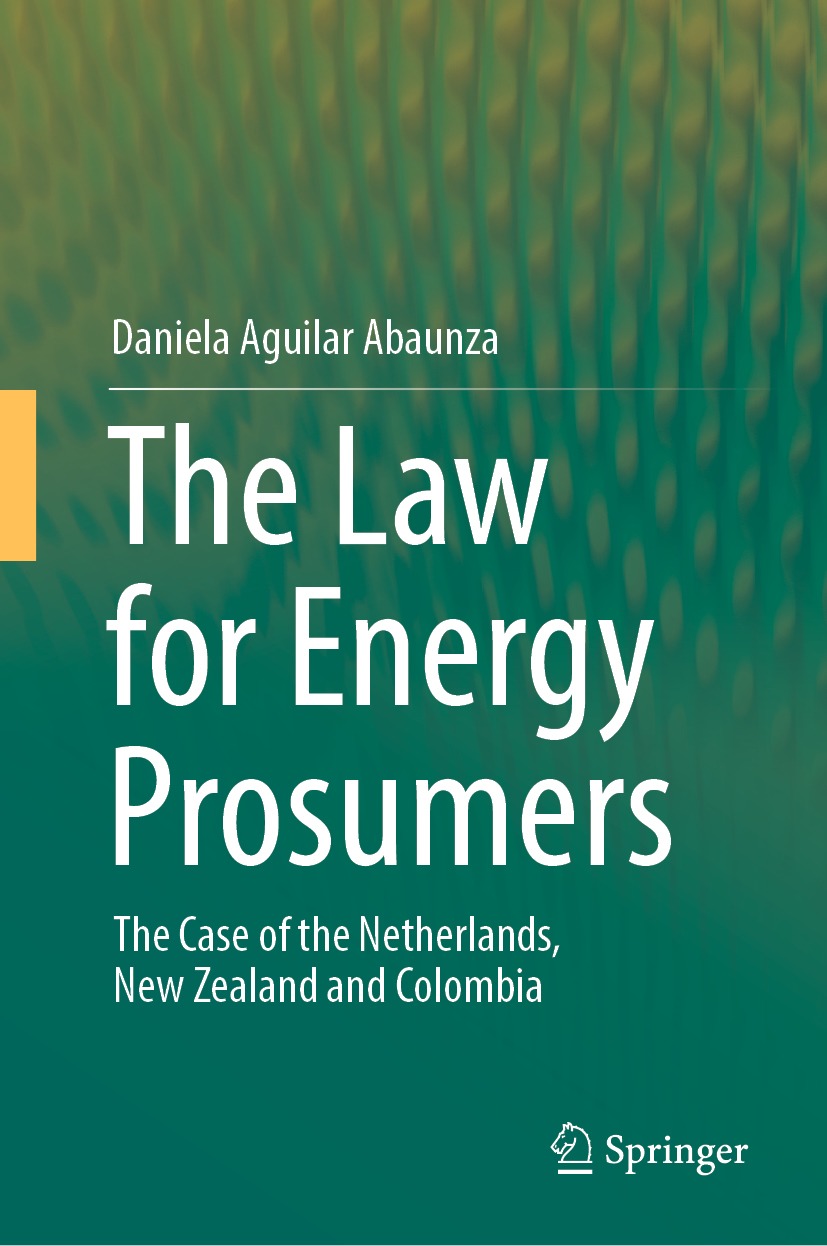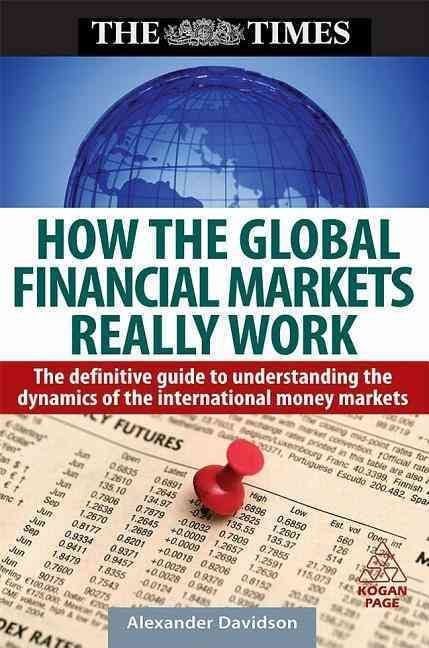This book argues that law has a vital role in shaping the electricity system to enable a more active role for consumers in liberalizsed electricity industries. To do that, this book offers a unique legal perspective of the Netherlands, New Zealand and Colombia to help understand some of the current legal approaches to prosumers and therefore the legal challenges and opportunities facing. Law and regulation have the role of creating a level playing field for emerging participants, such as prosumers, to participate and compete in the market together with traditional actors, bringing not only more competition but also representing a more sustainable, environmental and democratic way to supply energy. Furthermore, law and regulation have the role of responding to innovation and creating space for technological advances to procure the changes in the industry without delay.This book examines some of the legal barriers for the raise of energy prosumers. The traditional role of the distributor when responding to increasing distributed generation in the network; prosumers unable to decide to whom they can sell their electricity to; the price of the energy or even whether to participate more actively in demand response programs. A further issue is the lack of clarity about whether small prosumers are entitled to consumer protection rights and legal challenges regarding configuration, access to the network, access to markets and strict unbundling rules for community energy projects. This book provides a clear, analytical, and informed approach to understanding the regulatory framework around energy prosumers. It will appeal to policy makers, lawyers, individuals, business entrepreneurs or communities wanting to engage in energy projects, as well as academics, researchers and students












